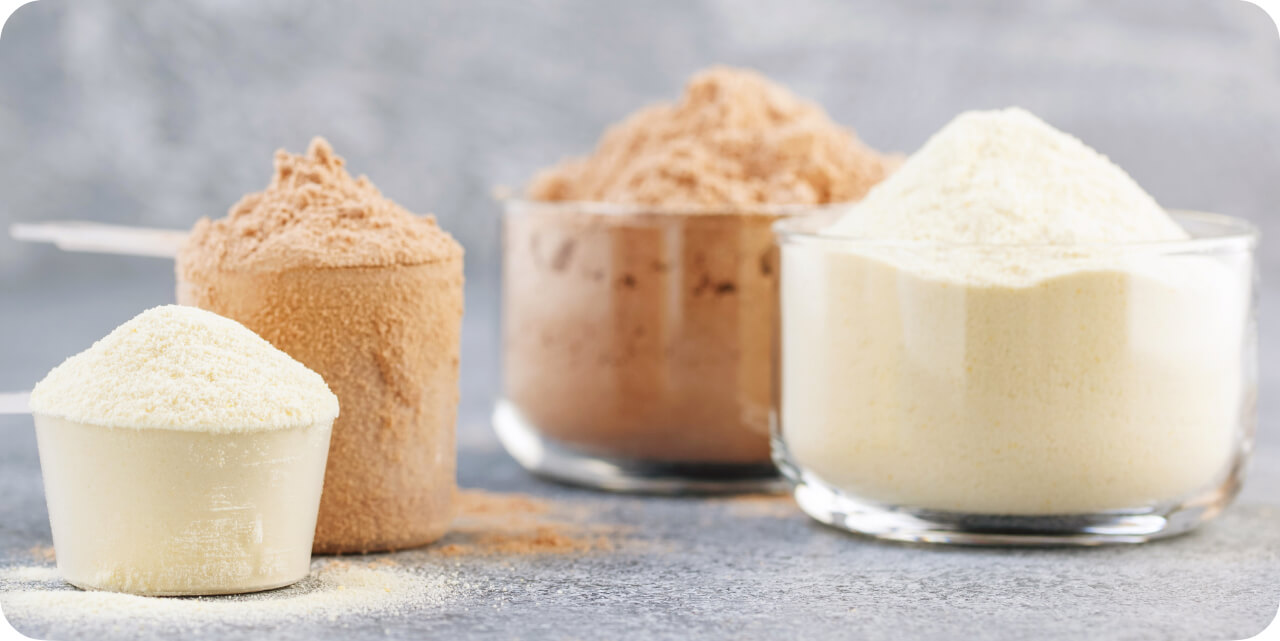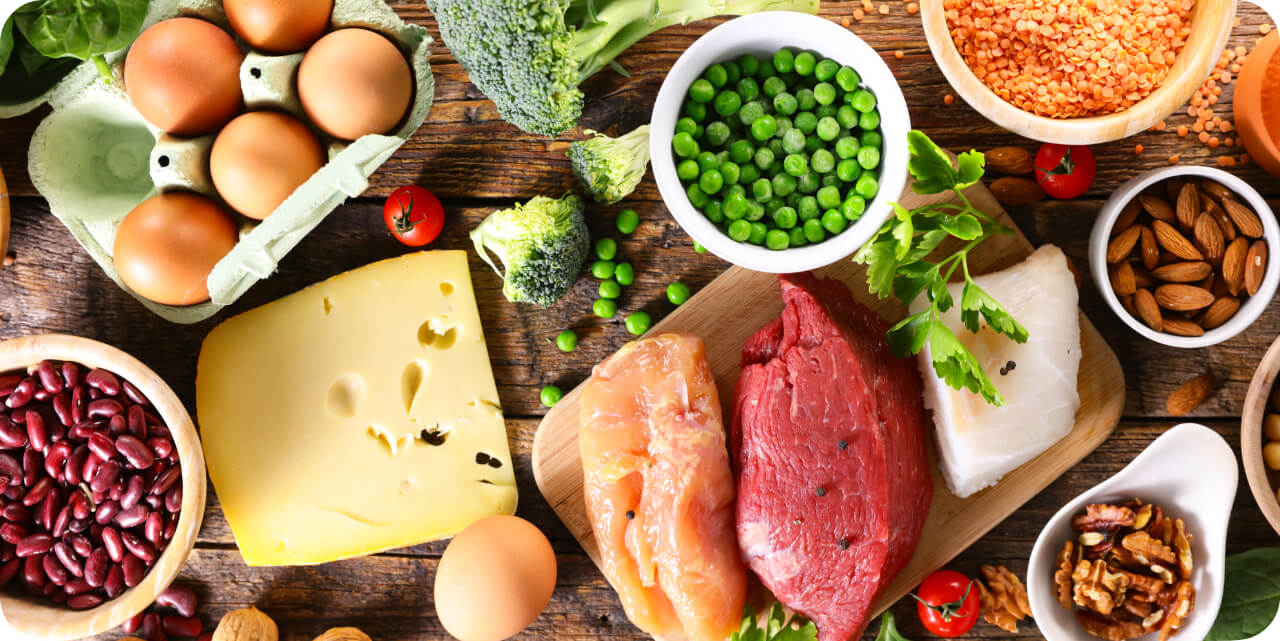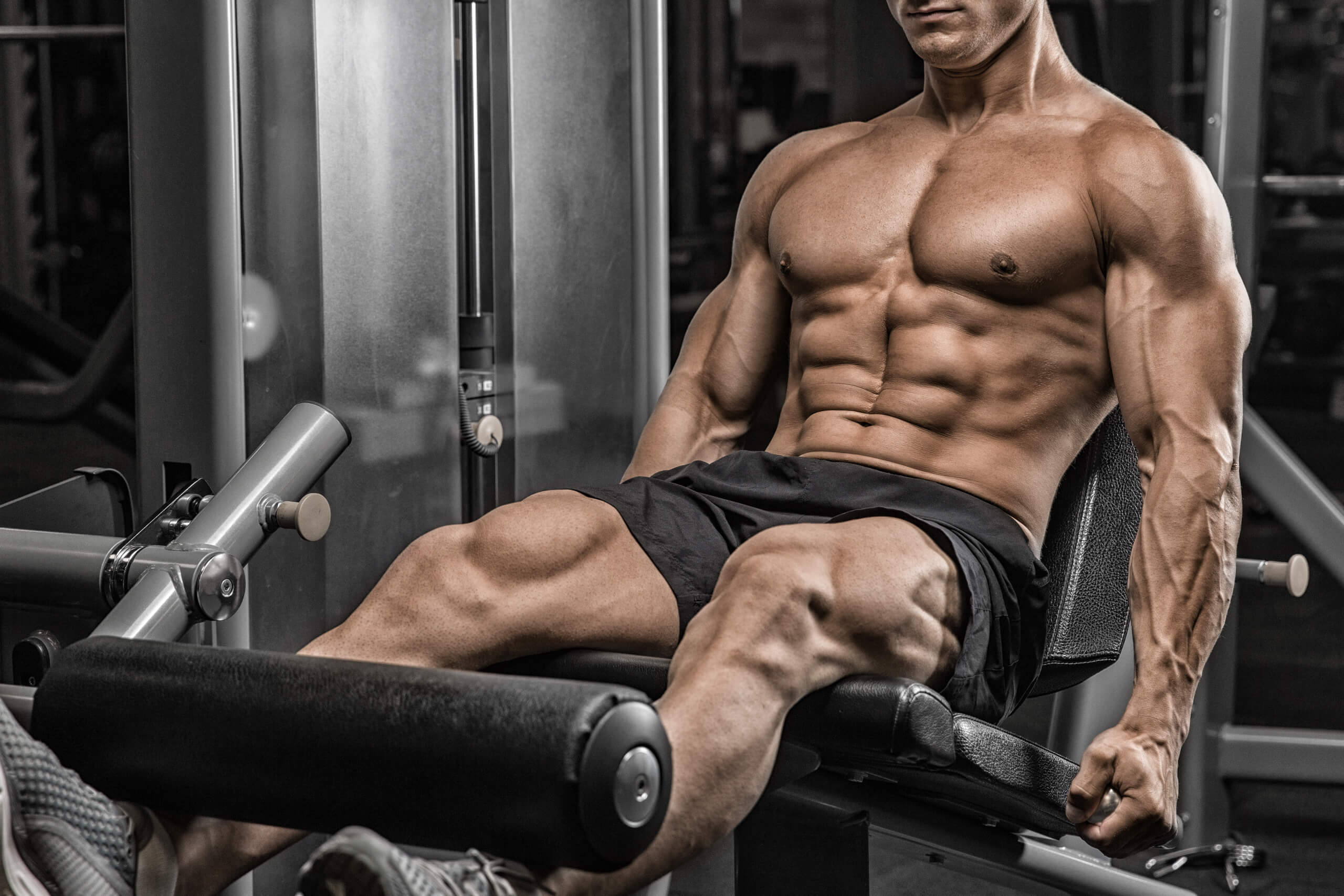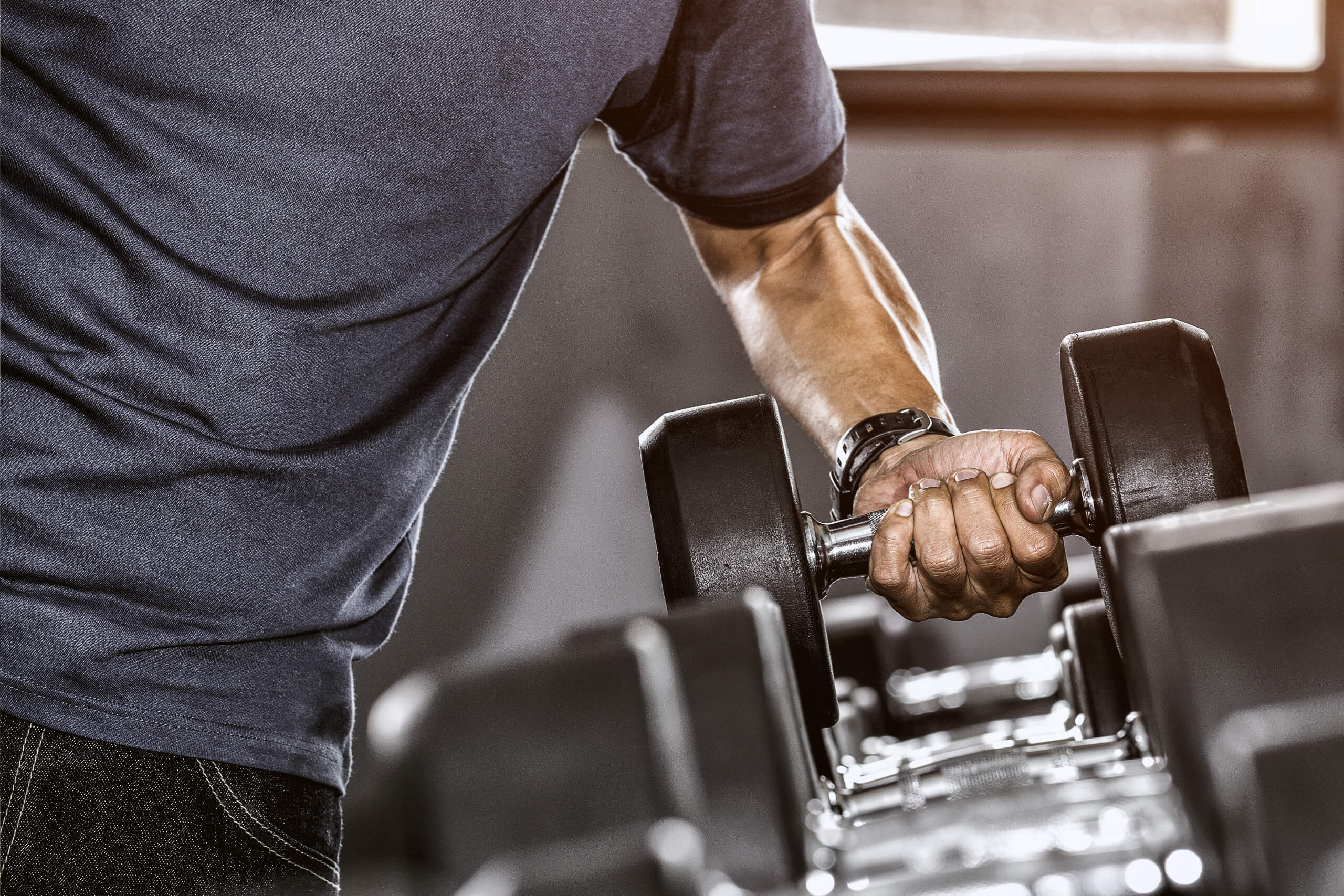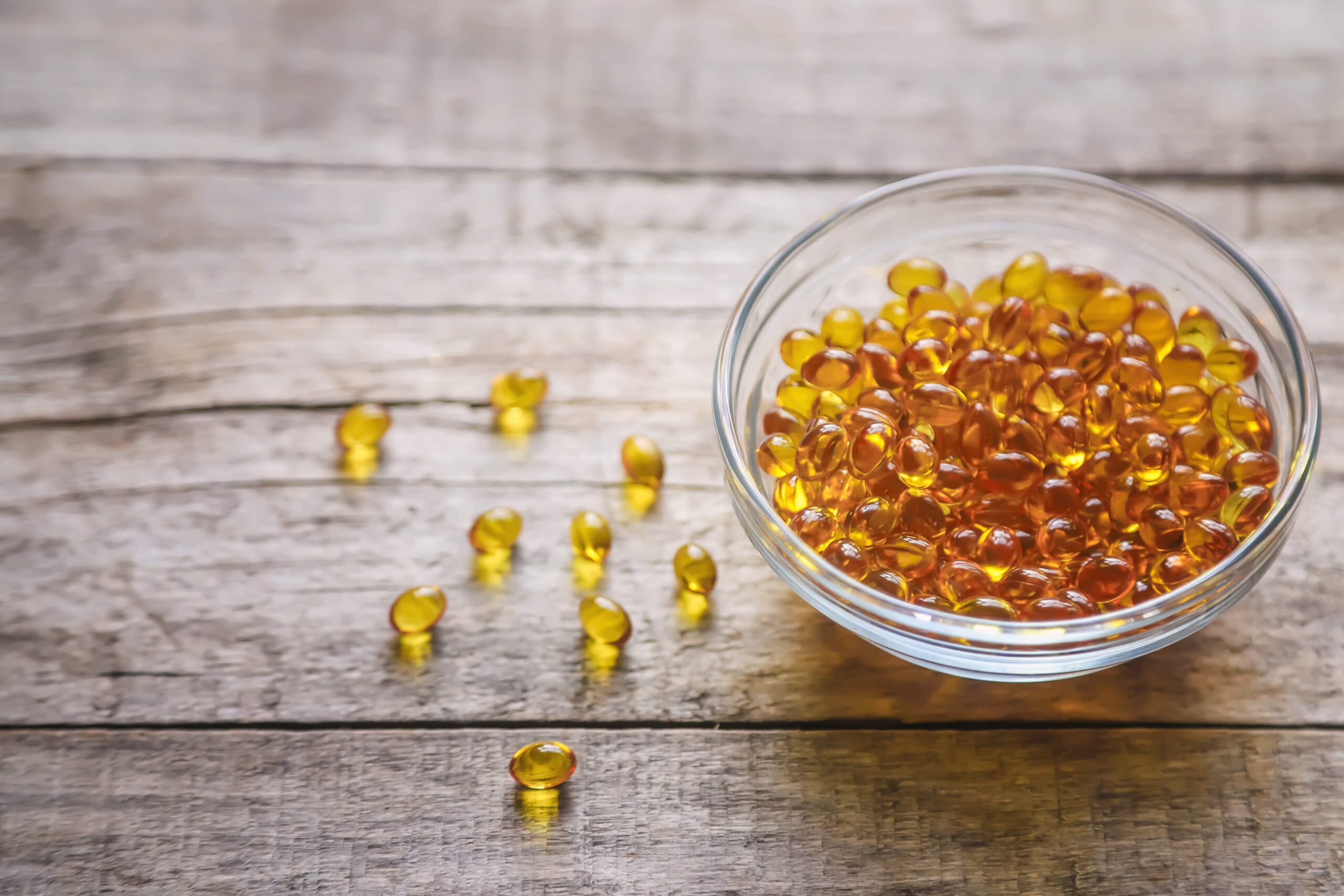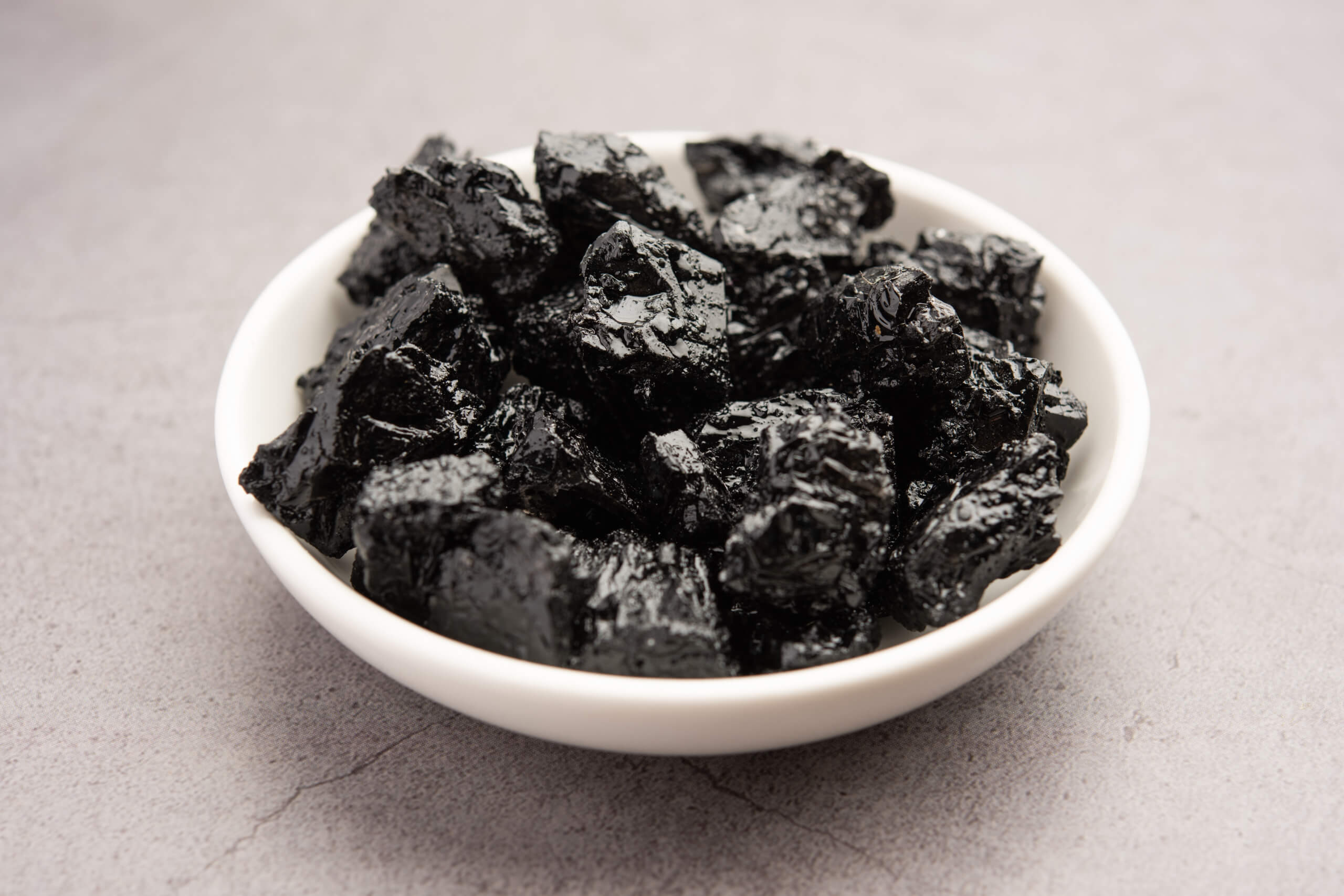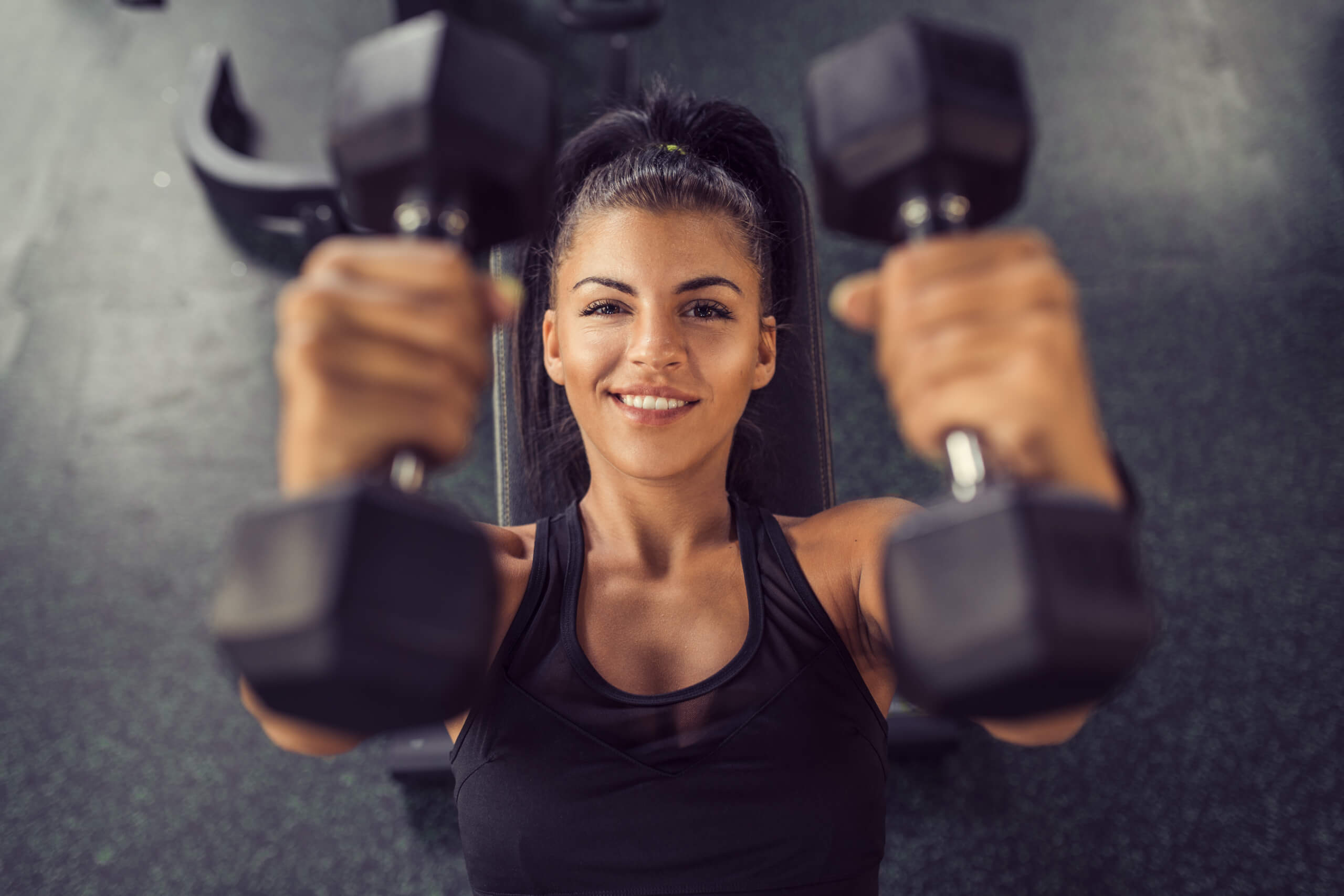Embarking on a muscle-building journey requires a well-rounded approach, encompassing a balanced diet, a structured exercise regimen, and the right supplementation. Among these, protein is the cornerstone nutrient essential for muscle growth and repair. However, the question on everyone’s mind is, “how much protein do I need to build muscle?” In this comprehensive guide, we delve into the protein needs of an individual engaged in muscle-building, backed by scientific evidence and expert opinions.
Understanding Protein and Its Importance
Protein is composed of amino acids, often referred to as the building blocks of the body. It plays a pivotal role in creating and repairing muscle fibers, which are strained and torn during intense workout sessions. Additionally, protein aids in the production of enzymes and hormones, promoting overall body function.
Protein Synthesis and Muscle Growth
Muscle growth occurs when the rate of muscle protein synthesis exceeds the rate of muscle protein breakdown. This state is referred to as a positive protein balance, and it’s the sweet spot everyone aiming to build muscle should strive for. Achieving this balance hinges significantly on your protein intake.
Determining Your Protein Needs
The amount of protein you need can vary based on several factors including your overall health, your level of physical activity, and your muscle-building goals. However, a general guideline is to consume between 1.6 to 2.2 grams of protein per kilogram of body weight.
Calculating Protein Intake
Here’s a simple formula to calculate your daily protein needs:
Protein intake (grams)=Your weight (kg)×Protein multiplier (1.6 to 2.2)Protein intake (grams)=Your weight (kg)×Protein multiplier (1.6 to 2.2)
For instance, if you weigh 70kg, your daily protein intake to support muscle growth should be between 112 to 154 grams.
Individual Variability
It’s crucial to note that individual protein needs can vary. Factors such as age, gender, and the intensity of your workout regimen can influence your protein requirements.
Sources of Protein
Incorporating a variety of protein sources in your diet can ensure you get all the essential amino acids necessary for muscle growth.
- Animal-based proteins: Meat, fish, eggs, and dairy products are excellent sources of complete proteins.
- Plant-based proteins: Legumes, nuts, seeds, and some grains can provide the necessary protein, especially when combined properly.
Supplementing with Protein
While it’s possible to meet your protein needs through diet alone, many individuals find it easier to also incorporate a protein supplement to ensure they meet their daily requirements.
Introducing Mr. Test
Mr. Test is an exemplary testosterone booster that not only aids in muscle recovery but also supports lean muscle build. Incorporating Mr. Test in your regimen can provide the supplementary protein boost necessary to meet your muscle-building objectives.
Monitoring Your Progress
Keeping a track of your protein intake, muscle gain, and overall body performance can help tweak your protein needs over time. Employing a balanced approach by combining a high-protein diet with regular strength training and the right supplementation will set you on the path of successful muscle building.
Conclusion
Understanding your protein needs and meeting them is a critical step in your muscle-building journey. By tailoring your protein intake, incorporating a variety of protein sources, and supplementing with Mr. Test, you are well on your way to achieving your muscle-building goals.
Related Posts
31/12/2024
Saw Palmetto: Support Prostate Health and Boost Testosterone
Saw Palmetto, a powerful herbal extract, has been a popular choice for men looking to support prostate health and…
27/12/2024
How TongKat Ali Helps Women Achieve Hormonal Balance
Achieving hormonal balance is vital for every woman’s overall health and well-being. From energy levels to mood…
21/12/2024
Fadogia Agrestis: Unlocking Natural Testosterone Boost
Are you searching for a natural way to supercharge your testosterone levels? Enter Fadogia Agrestis, a powerhouse herb…
15/12/2024
Rhodiola Rosea: The Stress-Reducing Herb Every Woman Needs
Stress is an unwelcome guest in most women’s lives. Whether juggling a career, family, or personal wellbeing, it can…
09/12/2024
Top Protein Sources for Maximum Muscle Gain
Quisque non est quis libero ornare egestas vel ut arcu. Ut non mauris maximus, consectetur lorem et, interdum quam. Nam…
03/12/2024
The Importance of Vitamin D3 for Women’s Health
Vitamins play a crucial role in maintaining women’s health, and among them, Vitamin D3 stands out. Known as the…
27/11/2024
The Benefits of Shilajit for Testosterone and Muscle Mass
Have you ever heard of Shilajit? This sticky, tar-like substance has been revered in Ayurvedic medicine for thousands…
21/11/2024
Boosting Your Energy and Mood with Feminine Energy
In today's fast-paced world, many women find themselves juggling various roles, often putting their own wellbeing on…
15/11/2024
How TongKat Ali Boosts Testosterone: What You Need to Know?
Struggling with energy levels, mood swings, or difficulty gaining muscle? These could all be signs of low testosterone.…


